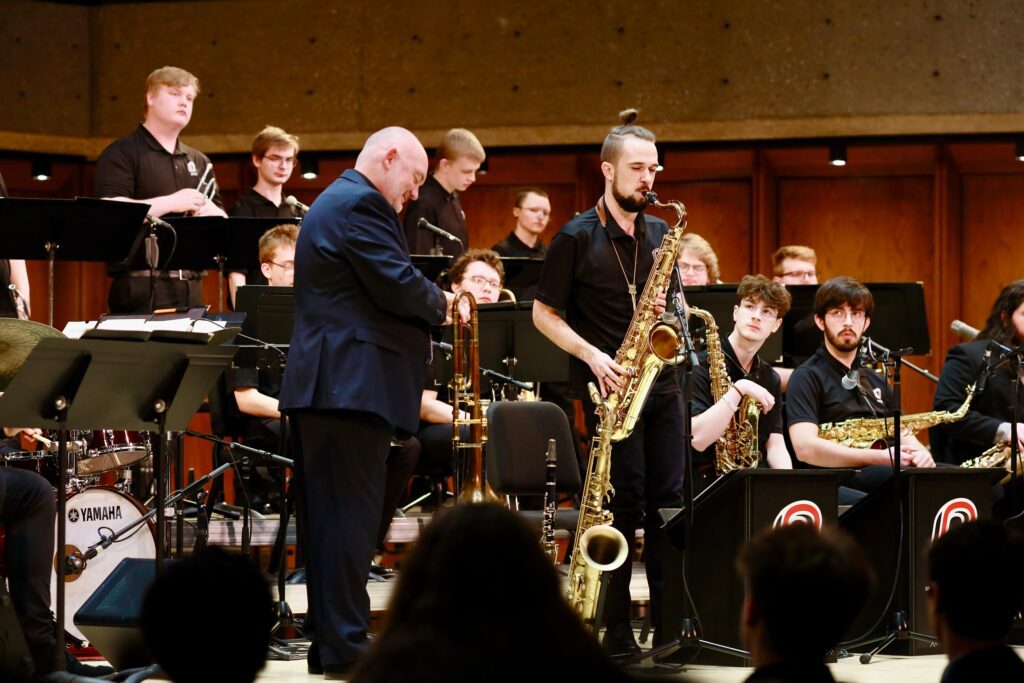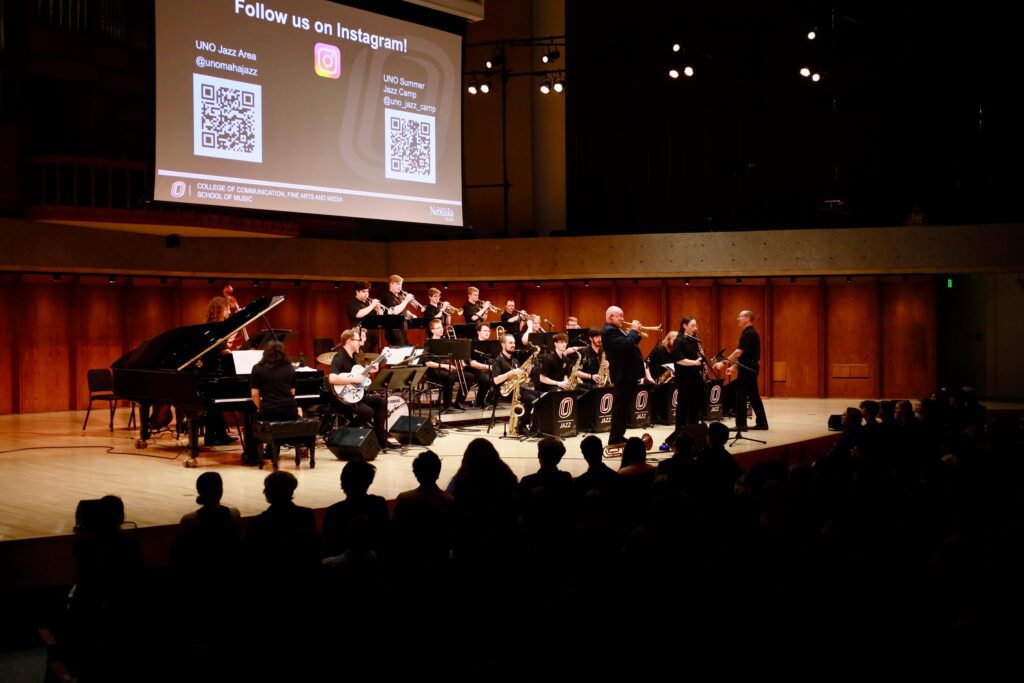By Anika Keese
The College of Education at the University of Nebraska at Kearney is working toward creating a better and brighter future for learners.
The college’s five departments improve lives through learning. Dean Mark Reid, Ph.D., is deeply committed to upholding a core goal of the college: fostering community growth and development through the power of education.
“My vision for the college is that we will continue to be an important entity in central Nebraska and beyond, holistically supporting all aspects that improve the quality of life for our constituents,” he said.
Reid has fostered a strong sense of community between faculty and students. The College of Education’s Area of Greatest Need Fund has helped make that possible. For example, it made possible the school’s annual spring cookout.
“Last year’s COE spring cookout provided several benefits at one of the busiest and most stressful parts of the academic year,” Scott Benson, director of Human Resources, said.
On top of events like the spring cookout, funding for research projects, conferences and various essential hands-on experience programs through the fund play a vital role in enhancing the quality of learning.
Miechelle McKelvey, Ph.D., associate dean for COE, said the fund supports the next generation of educators in more ways than you might think at first glance.
“It indirectly supports faculty research with those travel funds, and that gets your name out there,” McKelvey said. “So, the fund is critical in not only community building but also articulating what is going on in the UNK campus to the rest of the world, and especially to our state.”
Reid said the continued support of Loper Nation has been immense. Gifts toward the College of Education Area of Greatest Need Fund have continued to play a critical role in helping advance its mission.
“We in the College of Education are proud of the fact that we make the quality of life better for everyone in the central Nebraska region,” he said. “From a mental health standpoint, from a physical aspect, from a communication aspect and from aspects of education, both as teachers and as administrators.”
To continue fostering a strong community and ensuring the success of our future educators at the University of Nebraska at Kearney, please consider making a gift to the College of Education Area of Greatest Need Fund today.
Support UNK Fund – College of Education Area of Greatest Need
A gift to this unrestricted fund enables the college to take advantage of special opportunities as they arise or lend a hand where students and faculty need it most.
“It indirectly supports faculty research with those travel funds, and that gets your name out there. So, the fund is critical in not only community building but also articulating what is going on in the UNK campus to the rest of the world, and especially to our state.”
Miechelle McKelvey, Ph.D.







